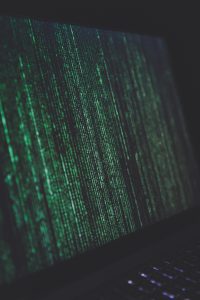 Cyber terrorism is a serious crime. Obviously, this falls on the higher end of the offenses that are committed on the internet. Chicago, like many states, is trying to update its laws in order to deal with these threats in an effective way, bearing in mind the fact that the technology is constantly changing. Likewise, there are employee training requirements for companies. The law firms that defend and participate in prosecutions are also coming to terms with the intricacies of the laws as well as the various regulations that have been put in place to regulate the activity that takes place on the internet.
Cyber terrorism is a serious crime. Obviously, this falls on the higher end of the offenses that are committed on the internet. Chicago, like many states, is trying to update its laws in order to deal with these threats in an effective way, bearing in mind the fact that the technology is constantly changing. Likewise, there are employee training requirements for companies. The law firms that defend and participate in prosecutions are also coming to terms with the intricacies of the laws as well as the various regulations that have been put in place to regulate the activity that takes place on the internet.
One of the issues that has come to the fore is the possibility that in the pursuit of cyber legality, there is a danger of infringing on the privacy of Chicago citizens. The state and legislature are always willing to have more control over the activities of residents. However, that level of control might have serious implications in terms of protecting civil liberties and the integrity of the American Constitution. The International Association of Privacy Professionals (IAPP) has been at the forefront of advocacy work in this respect so as to moderate some of the excesses that are proposed in prospective legislation.
The Quagmire of Data Collection
 Chicago Criminal Lawyer Blog
Chicago Criminal Lawyer Blog



